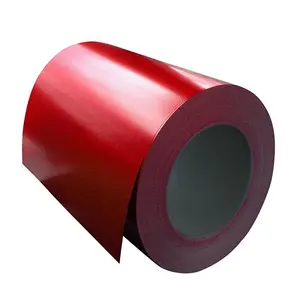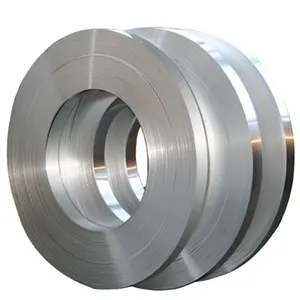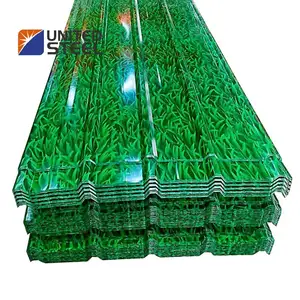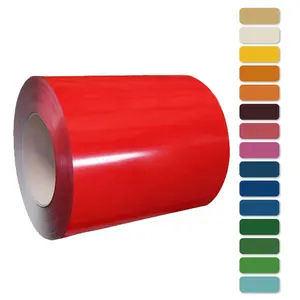Popular in your industry














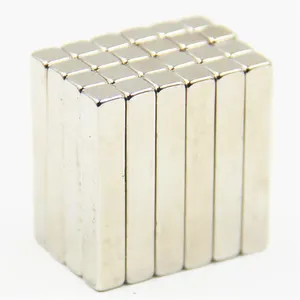
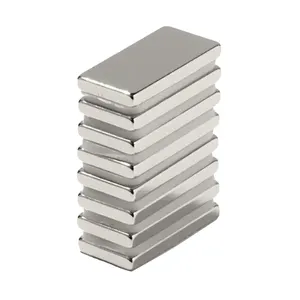

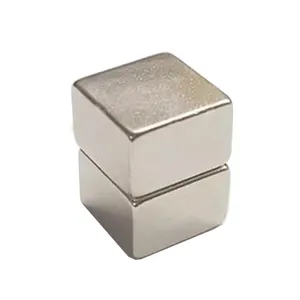




























































































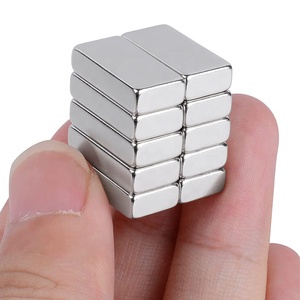


















































































Top categories
About bar magnet
Exploring Magnet Bars
Magnet bars are indispensable in numerous sectors, fulfilling a variety of roles thanks to their magnetic capabilities. These slender rods are often composed of neodymium (NdFeB), a potent rare earth magnet, renowned for its superior strength and magnetic attributes. Their diminutive stature coupled with a robust magnetic force relative to their weight renders them perfect for diverse uses, ranging from basic fastening and securing tasks to more intricate industrial applications.
The core principle of magnet bars is the exploitation of the inherent magnetism in the rare earth elements they incorporate. Neodymium stands out for its potent magnetic field, which outstrips that of conventional magnets such as ferrite or alnico by a considerable margin. This quality enables magnet bars to be both smaller and more forceful, facilitating complex designs and applications where space is at a premium.
But magnet bars are not solely for personal use; they play a crucial role in commercial environments where their distinctive properties are leveraged for a plethora of tasks. They find use in conveyor systems to sift out ferrous impurities, in magnetic separators to cleanse products by drawing out unwanted metallic fragments, and within electric motors to transform electrical energy into kinetic energy.
Varieties of Magnet Bar
The adaptability of magnet bars is rooted in their design, which can be extensively varied to suit specific purposes. Below are some prevalent varieties:
-
Neodymium Magnet Bar: Celebrated for their formidable power, neodymium magnet bars are essential in scenarios demanding intense magnetic forces. They are a staple in the industrial realm for heavy-duty tasks, such as within motor magnets, and in sophisticated audio devices.
-
Ferrite Magnet Bar: These permanent magnets, while less potent than their neodymium counterparts, are apt for roles requiring a milder magnetic force, like in rudimentary electronic components including transformers.
-
Alnico Magnet Bar: Comprising aluminum, nickel, and cobalt, alnico magnets boast a high magnetic flux density and are typically employed in scenarios necessitating a robust magnetic field across a broad temperature spectrum, such as in the automotive and aerospace sectors.
-
Rubber Coated Magnet Bar: These consist of neodymium magnets sheathed in a rubber casing. They offer flexibility, resistance to corrosion, and are commonly utilized in outdoor or aquatic settings, for activities like fishing or boating.
Each category possesses distinct attributes that render it apt for particular applications. For example, neodymium magnet bars are preferred for their compactness and unmatched magnetic potency when used in speaker magnets.
Selecting the Right Magnet Bar
Choosing the appropriate magnet bar for your enterprise involves a meticulous assessment of material characteristics, intended applications, and the potential for customization. Here are the key considerations when selecting magnet bars:
-
Material Composition: Your requirements may dictate the choice between potent rare earth magnets and more economical ferrite magnets. The selected material will also influence processing services such as cutting or welding.
-
Size and Shape: The magnet bar's dimensions should correspond to both the spatial requirements and the quantity of material it needs to magnetically engage. The bar's form can also impact its functionality in various configurations.
-
Application Requirements: Reflect on the magnet bar's purpose—be it for industrial roles like ferrous material separation or consumer goods like speakers—to guide you to the suitable selection.
-
Customization: Certain businesses may necessitate bespoke features such as unique shapes or coatings on their magnet bars. Seek suppliers that provide OEM or ODM services for these customizations.
On Alibaba.com's B2B platform, you will encounter a broad spectrum of options that cater to diverse industrial demands.
About Magnet Bar on Alibaba.com
Alibaba.com distinguishes itself as a global wholesale marketplace that bridges businesses with a vast array of industrial suppliers, offering a multitude of magnet bar types for a range of commercial uses. With over twenty years of experience in facilitating B2B transactions across 190 countries, Alibaba.com has become a revered platform where quality converges with convenience.
The platform's intuitive interface permits buyers to effortlessly navigate through choices based on composition, processing service, application, shape, and even personalized support such as OEM and ODM services – ensuring you pinpoint exactly what your business necessitates. Moreover, Alibaba.com's Trade Assurance service provides a safeguard by securing payments until the delivery is verified.
Opting for Alibaba.com grants access to an extensive product selection, enabling every business to locate the ideal magnet bar for their industry or application, all while benefiting from features that smooth out the procurement process on both desktop and mobile devices. With trustworthy suppliers globally and support services that ease international commerce, Alibaba.com enhances business efficiency and expands market reach.
Common FAQs for Magnet Bar
What are the principal magnet bar types for industrial usage?
Industry primarily utilizes three magnet bar types: Neodymium magnet bars, rare earth magnet bars, and plastic magnet bars, each offering varying degrees of magnetic strength and resistance to demagnetization.
How can I ascertain the right magnet bar for my needs?
To identify the suitable magnet bar, take into account the material to be magnetized, the strength necessary for your application, the operational environment, and any specific attributes such as resistance to corrosion or tolerance to temperature.
Is it feasible to tailor magnet bars to particular dimensions or forms?
Indeed, magnet bars can be tailored to specific dimensions or forms to suit particular uses. Suppliers frequently provide processing services like cutting, punching, and welding to accommodate bespoke needs.
What distinguishes neodymium from other rare earth magnets in industrial applications?
Neodymium magnets, a subset of rare earth magnets, are lauded for their exceptional potency and are typically employed in high-performance applications, while rare earth magnets refer to elements like neodymium or samarium-cobalt used in magnetic fields.
Are plastic magnet bars appropriate for outdoor applications?
Plastic magnet bars are generally unsuitable for outdoor use due to their inferior magnetic strength relative to neodymium or rare earth magnets and their vulnerability to environmental factors such as temperature changes and moisture.
What practices should I follow to maintain magnet bars and ensure their durability?
To preserve magnet bars, ensure they remain clean and dry when not in use. Store them away from harsh temperatures and direct sunlight to maintain their longevity and functionality.
What considerations are important when selecting a magnet bar for a manufacturing setting?
In a manufacturing context, evaluate the magnet bar's strength and robustness, along with any special characteristics like resistance to corrosion or tolerance to temperature that your processes may demand.
Can I source eco-friendly magnet bar options on Alibaba.com?
While environmental claims should be confirmed with individual suppliers, there may be alternatives that utilize less harmful materials or are designed for greater energy efficiency throughout their lifecycle.
How does a magnet bar's shape influence its utility?
A magnet bar's shape can affect its application; for instance, cup-shaped or tile-shaped magnet bars are crafted for specific uses such as affixing to curved surfaces.
Is it possible to obtain magnet bar samples before making a bulk order?
Certain suppliers on Alibaba.com may provide samples of their magnet bars, allowing you to assess the quality and appropriateness for your application prior to a major purchase.
What are the typical uses of magnet bars in electronics?
In the realm of electronics, magnet bars are integral to a variety of devices, including speakers, motors, sensors, and any application that demands a compact design and efficient magnetic field transmission.
How can I ensure that magnet bars meet industry standards?
To guarantee quality, seek suppliers that offer comprehensive product details and comply with recognized industry standards such as GB (China), AISI (US), or DIN (Germany), which can signify a level of manufacturing reliability and consistency.

